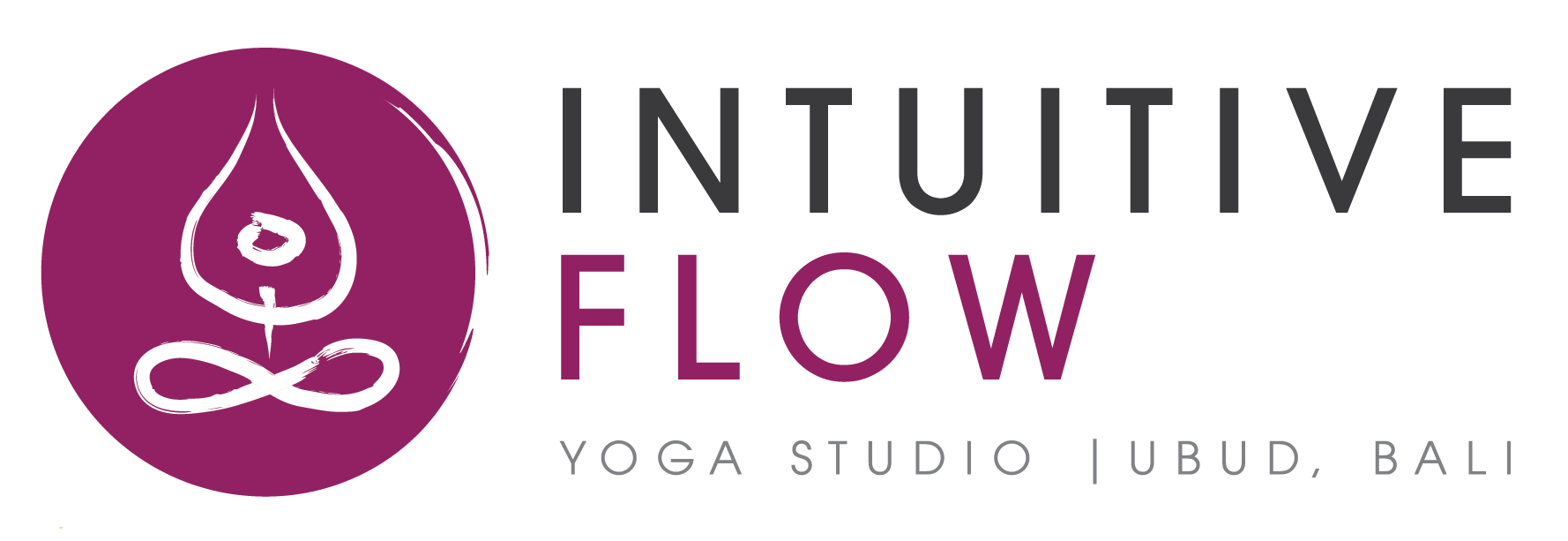05 Jan Shadripu or the six enemies

Balinese ceremony of Potong Gigi “tooth filing” for self-awareness and mastering of the Shadripu (sadripu), the six enemies.
We are spiritual beings having a human experience. Unfortunately our mind pollutes our whole being. In order to remain the spiritual being we truly are we need to cultivate wisdom, manage our senses and ego mind.
Our thought creates emotions and our emotions are energy. There are like a vaporization of very fine and subtle clouds that prevents the light from our heart space to shine.
Some emotions can be likened to white clouds, like our fears and our worries. They are simply a part of human conditions. There is no way we could expect a mother not to worry about her child, for example. Fear is an integral part of human survival skills, but if taken to an extreme, these emotions can make us quite literally sick. But other emotions are often far more dangerous; these could be likened to toxic clouds.
The first one is Lust (Sanskrit: Kama). This is basically a lack of self-control. Lust is an emotion or feeling of intense wanting for an object. One can lust for knowledge, sex, power or food. It also manifests itself when we are trying too hard for something and forcing our will. It encompasses all sorts of addictions, including: sex, food, being a workaholic, alcoholism, and drug addiction, the need to possess someone or to control others.
The second one is Greed (Sanskrit: Lobha). Greed can be classified as: ‘An excessive desire to acquire or possess more than what one needs or deserves, especially with respect to material wealth.’ It is also the desire to accumulate things or possessions, hoarding what we do have, not sharing with others, believing we lack in some way, feeling that when someone has something that we are losing out in some way, having an attitude of entitlement, which can often happen when we compare ourselves and what we have, with what others possess.
The third one is Anger (Sanskrit: Krodha) Anger can be defined as: ‘A strong feeling of displeasure or hostility.’ It also includes feelings of resentment, refusing to forgive, keeping (and holding on to,) grudges, bitterness, rage and verbal wrath in daily life or as seen on social media and talk radio and finally the desire to seek vengeance.
The fourth one is Pride (Sanskrit: Mada) Pride can be defined in various ways: A sense of one’s own proper dignity or value; self-respect or arrogant or disdainful conduct or treatment; haughtiness; an excessively high opinion of oneself; conceit. Everything that we post on Facebook, all of our pictures and movies, where we are the ‘star’ and where everyone want to be ‘number one.’ Nobody wants to be second, and it is possible to display arrogance within that. Pride can also manifest itself in hatred, and belief that we are better than everyone else.
The firth one is Attachment (Sanskrit: Moha). Attachment can be defined as the refusal to relinquish control, and not be open and receptive to the gifts the universe can bring to us; becoming ‘stuck’ into maya “illusion”, having a strong identification to things which we own, or our body, our money, our belongings, our relationships. For example, we cling to things and refuse to accept changes in our life.
The six one is Covetousness (Sanskrit: Matsarya). To be covetous is to be: ‘Excessively and culpably desirous of the possessions of another,’ and is marked by an extreme desire to acquire or possess those things which others have. It is also a fact that not everyone understands that all opportunities are not for us, and our time may come in the future. It also means to have an extreme sense of ego.
As we begin this year 2014 and want to bring new qualities in our lives, we may ponder if any of these six enemies are affecting the quality of our human experience and prevent us to shine and be our magnificent self in our everyday life.
There are many ways in which we can practice self-study, including yoga, meditation and the repetition of mantras; reading sacred or inspiring texts.
By becoming more introspective we will be able to find the essence of who we actually are. And by continuing to go deeper, we will be able to find and connect with the Divine Self.

